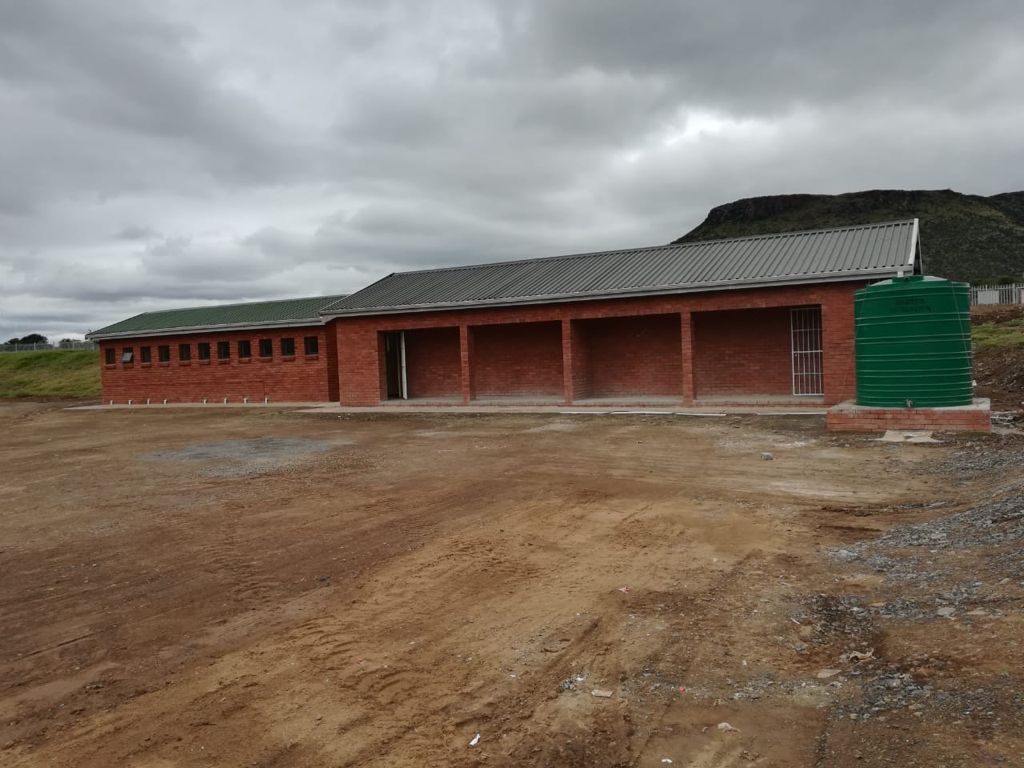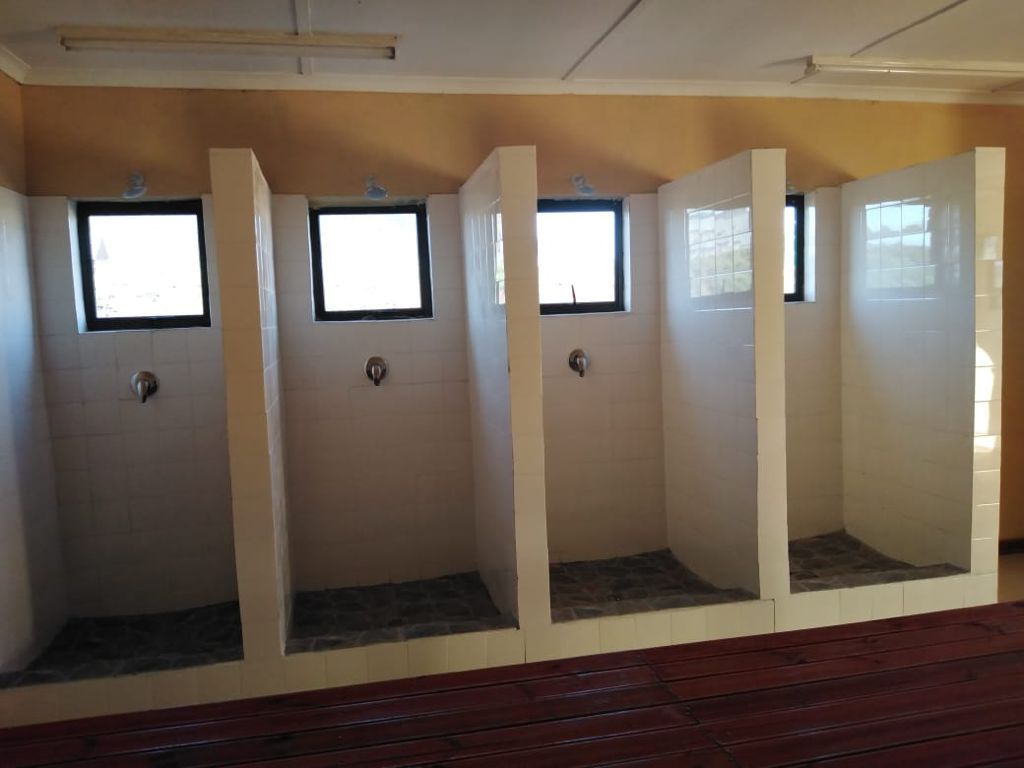The so-called state-of-the-art facility provoked much derision on social media when the municipality posted images of the unveiling
Eastern Cape MEC for co-operative governance Xolile Nqatha has called for an immediate explanation from the Enoch Mgijima local municipality after it unveiled a sporting facility that did not appear to justify the R15-million poured into it.
The so-called state-of-the-art facility provoked much derision on social media when the municipality posted images of the unveiling, depicting an open field, community members seated in stadium seats, and not much else.
Reacting to the images, Economic Freedom Fighters deputy president Floyd Shivambu tweeted: “R15 MILLION was paid to build this thing & they are proud of it. The people of South Africa must vote these people out of power because they have no shame. None whatsoever! R15m for this?”
One South Africa founder Mmusi Maimane also weighed in with his criticism, accusing the ANC-led municipality of playing a “tsotsi game”.
“It’s unbelievable that R15 million was allocated for this project and this is what was delivered. No man this is wrong. The people of Enoch Mgijima local municipality deserve better than this. The people of South Africa deserve better than this,” Maimane tweeted.
This outcry has prompted Nqatha to act. In a statement on Tuesday, the MEC said he fully understood the negative commentary and public comments on the matter.
“For that reason, we have requested the leadership of Enoch Mgijima local municipality to get all the facts about the scope of work for the project and what has been delivered so far,” he said, adding that he expected to get the full report this week.
Nqatha was joined by Chris Hani district municipality mayor Wongama Gela, who said the district was taking the matter up with the local municipality.

Meanwhile, the municipality has released a statement to “set the record straight”.
In it, spokesperson Lonwabo Kowa said the municipality regretted the manner in which the initial post was shared, with minimal detail provided. Kowa said construction of the sports facility had commenced at the beginning of March 2020, after an environmental impact assessment approved by the department of economic development, environmental affairs and tourism.
He said the project scope entailed 780m of palisade fencing, the construction of a rugby and soccer field, rock blasting, earthworks, layer works, a grass athletics track, ablution facilities, change rooms, borehole drilling, a rainwater catchment tank, a high-rise water main tank, sewer system with a septic tank, electrical installation, guardhouse and steel grandstands.
“The municipality has made this investment in the rural village in support of sport activities in the area. This is aimed at providing the community, especially youth, with a facility that will serve as a suitable playing ground to benefit over six villages. The community has a rich history in the sport and has also produced a professional soccer player, which the municipality prides itself on,” Kowa said.

The controversy comes as ANC leaders have been criss-crossing the country, attempting to convince communities that the party is self-correcting in the build-up to the 1 November local government elections.
For years, the office of the auditor general has highlighted shortcomings in the use of finances at local government level. This financial year, only 28% of municipalities were able to submit quality financial statements for audit purposes.
Auditor general Tsakani Maluleke said the situation in municipalities was so dire that there was significant doubt that they would continue operating as a going concern in the near future.
“Local government finances continue to be under severe pressure as a result of nonpayment by municipal debtors, poor budgeting practices and ineffective financial management,” she said.
Maluleke said audits had revealed little sign of improvement, and that her team had instead observed the deteriorating state of local government.
The Eastern Cape was highlighted as one of the provinces that had regressed the most over the four years of the current administration, closely followed by the Free State, then KwaZulu-Natal and the Northern Cape.